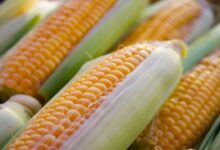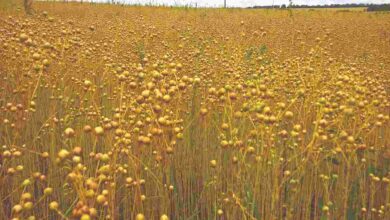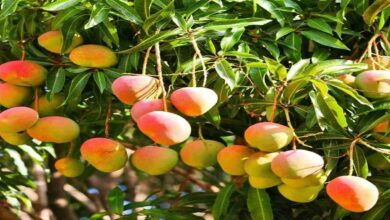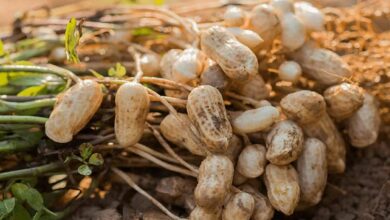Mango Farming: Take care of mango crop like this amidst increasing heat
Mango Farming: Due to a shift in the weather, farmers are becoming more concerned about cultivating mangoes. In these conditions, unexpected rain and rising temperatures may be detrimental to mango trees. At the same time, let us inform you that farmers must focus more on the mango tree during the month of April, when the process of blooming and fruit development begins.
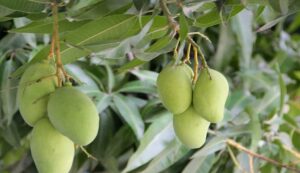
Farmers who grow mangoes are also receiving advice on how to care for their orchard by means of a special session held at the Krishi Vigyan Kendra in Tepla village of Ambala. Dr. Amit Baliyan told the media report that because of this year’s unusual weather, mango trees might be negatively impacted. In such cases, it’s critical that farmers implement crop care practices promptly’.
Adopt these measures to prevent waterlogging
According to him, extreme heat or unexpected rain might harm trees during the peak blooming and fruit-forming season in April. In order to prevent waterlogging, light watering should be done during this period. Strong gusts and rain may cause flowers to tumble, he added, therefore in these cases, fences or trees that can withstand wind should be erected in the orchards to regulate the wind’s direction and speed. Additionally, pests like mealybugs, powdery mildew, and thrips often attack mango fruits and blossoms, therefore organic insecticides should be used occasionally. He advised cutting and removing old, dry stalks to give the plant fresh life and preserve the flow of sunshine and oxygen.
How to protect fruits from extreme temperatures
According to him, severe temperatures have the potential to roast fruits, thus shade netting or mulching methods are necessary. In order to make informed judgments, Dr. Amit Baliyan suggested that farmers use the prediction services provided by the Indian Meteorological Department or Krishi Vigyan Kendra. In addition, you may get information by visiting the Krishi Vigyan Kendra. According to him, if farmers follow scientific recommendations at every stage of the production, the quality of the mango will be preserved and the output will be increased.
